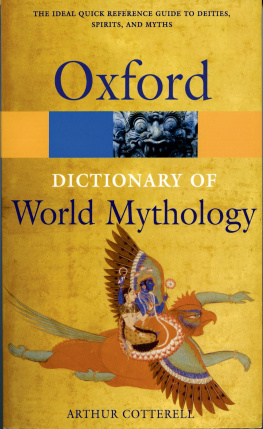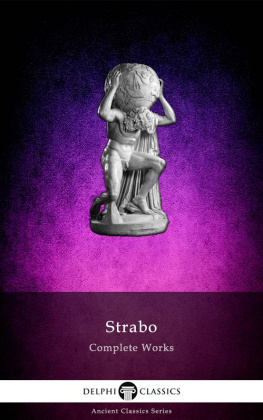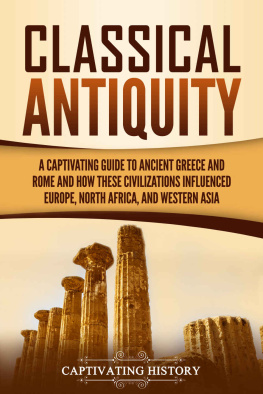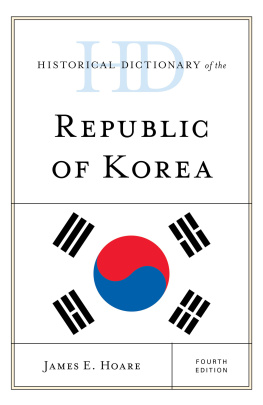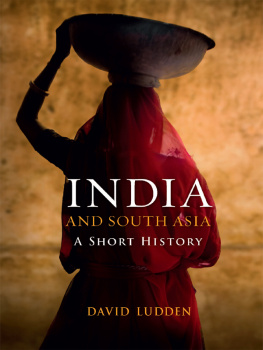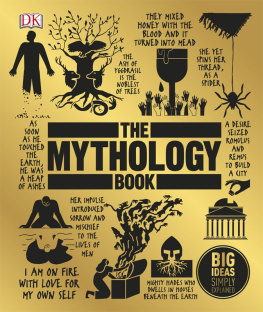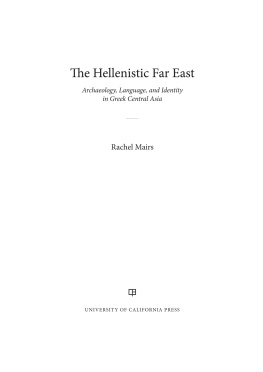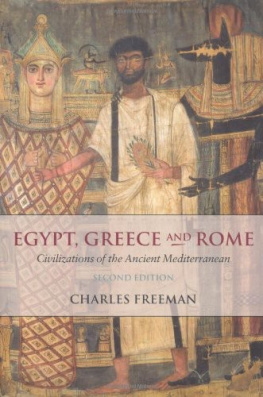While most e-readers can display special characters (such as and ), many cannot search for words containing them unless the special characters themselves are typed into the search box. If you are unable to type these characters, please browse for your term using the .
Africa
The zealous god of the Efik. Although on the advice of his wife Atai, the sky god Abassi let a human couple settle upon the earth, he greatly feared that they might not only become his equals, but excel him in wisdom. Atai promised to see that such a thing did not come about. Therefore, the man and wife were forbidden either to procreate or to work, and even their meals were to be taken in heaven when Abassi rang his dinner bell. In the course of time the couple began to disregard these rules: they tilled the soil, cooked for themselves, and produced children. They had forgotten Abassi, who pointed out this deplorable state of affairs to his wife. Once again Atai promised to take a hand in the matter. She sent death to the husband and wife, and caused discord between the children. The price of apparent independence for mankind, this Efik myth suggests, was the advent of death and evil.
Europe
The hero of Homer's Iliad , the ninth-century BC epic account of the siege of Troy, which probably took place four centuries earlier. Son of the Thessalian King Peleus and the nymph Thetis, Achilles was an invincible warrior but given to inexplicable fits of anger. He quarrelled with the other Greek chieftains, sulked in his tent, and across the battlefield he dragged the body of the Trojan champion Hector, whom he had slain in single combat. According to legend, Thetis sought to make Achilles immortal, by dipping him in the subterranean River Styx, and succeeded with the exception of the heel by which she held him. This one vulnerable spot a poisoned arrow from the bow of Paris found out, and Achilles died prior to the fall of Troy.
West Asia
Son of Ea and Sumerian king of Eridu. He was regarded as the first man, sage but not immortal. Whereas Adam only named the beasts and fowl, the Akkadian myth credits Adapa with the invention of speech. On a fishing expedition in the Persian Gulf he was buffeted by the south wind, but his curse was powerful enough to break its wings. When Anu summoned the culprit to heaven, Ea dressed his son in sackcloth and told him to partake of no food offered to him there. Greeted by Tammuz, Adapa informed the dying god that he mourned his absence from earth, a sentiment which was well received. His frank admission of guilt also appeased Anu, who offered him the food of life and the water of life. Adapa declined and went back to Eridu.
Another legend relates his wrath at Ea: he discovered that his father's advice was intended to deny him immortality. Like the fallen Adam, he learned that henceforth disease and death must be the lot of mankind.
West Asia
Derived from the Canaanite title, adon meaning lord. The Greeks adopted the fertility cult associated with Adonis, who was killed by a wild boarfor the Syrians a sacred animal. His most important temples were at Byblos and Paphos. According to the Greeks the god was loved by Aphrodite and Persephone, the goddess of the land of the dead. In Byblos the temple of Astarte celebrated the annual death and resurrection of Adonis. His reappearance on earth was marked by the blooming of the red anemone.
Africa
God of the Lugbara, whose tribal territories stretch across the border of Zaire and Uganda. He is conceived of in two aspects: as transcendent Adroa, god in the sky, remote from mankind and onyiru, good; as immanent Adro, god on earth, close to mankind and onzi, bad. The fountainhead of all power and authority, this ambivalent creator deity established the social order through the tribal ancestors, whose words represent cutomary law. The relationship between Adroa and the ancestors is obscure, though the Lugbara say: We forget them and send a ram to the mountains.
Propitiation of the immanent Adro was formerly achieved through child sacrifice, but since the 1930s rams have been substituted as victims. Adro dwells on earth, especially in rivers. Though invisible to ordinary people, he may become visible to a person who is about to die. Adro is tall and white; he has half a bodyone eye, one ear, one arm, and one leg, on which he jumps about. His children, adroanzi, frequent streams, large trees, and rocks. Providing one does not look back at adroanzi, who like to follow human beings at night, there is no danger. Otherwise these guardian spirits of the dead will kill. Adro onzi, bad God, is clearly associated with death.
Europe
The famous Trojan-Roman hero; the son of Anchises and the goddess Venus-Aphrodite. The Romans believed that an important element among them came from Asia MinorTrojans who escaped the sack of Troy by the Greeks and followed Aeneas. This myth received classic statement in Virgil's Aeneid , an account of the wanderings of fugitive Aeneas till his settlement in Italy. Imperial interest in the epic poem was pronounced. From Spain in 26 BC Augustus, the first Roman Emperor, wrote to Virgil expressing a wish to have a draft or portions of the Aeneid which had been begun about that time. Virgil celebrated the destiny of the Romans as the divinely inspired rulers of the ancient world: it was a sentiment close to the heart of the victor of Actium.
After sailing to Crete, where he learned in a dream that Dardanus, ancestor of the Trojan royal family, hailed originally from Italy, Aeneas continued to Epirus upon the eastern Adriatic coast, and then on to Sicily and Carthage before making landfall near the rock-hewn sanctuary of the Cumaean Sibyl. The diversion to North Africa occurred because of a sudden storm sent by the goddess Juno, who had constantly pursued him with her hatred during the voyage. This animosity appears to owe something to the fierce antagonism of Hera for Heracles, the Greek hero. At Carthage, Venus ensured that Aeneas and Dido, its Queen, fell deeply in love. When, in obedience to the command of Jupiter, he left her, she burned herself to death on a funeral pyre.
Of interest is Aeneas' visit to the underworld. The Sibyl bade him arm himself with the golden bough, and together they descended to the land of shades. When Aeneas encountered Dido there and tried to speak to her, she turned away in silence. But then he came upon his father Anchises, who disclosed to him the future glories of Rome, reaching their climax with the reign of Augustus. The remainder of the Aeneid relates the unification of the Trojans and the Latins into a single nation, which was the great mythical achievement of pious Aeneas.
Europe
In Germanic mythology, the two races of the gods were the aesir and vanir. Snorri Sturluson ( 11791241 ) thought that aesir derived from the word Asia, making Thor a grandson of Priam of Troy and Odin his descendant in the twentieth generation. The vanir were originally inhabitants of the land on the Don River, formerly called Vanaquisl. Although this interpretation of Scandinavian tradition receives no support today, it is not unlikely that the vanir were late arrivals from Asia Minor and that their initial rivalry with the aesir represents an accommodation within the earlier mythology. Odin was chief of the aesir, while the goddess Freya took a leading role among the vanir, not least at the time these two races were syncretized.

